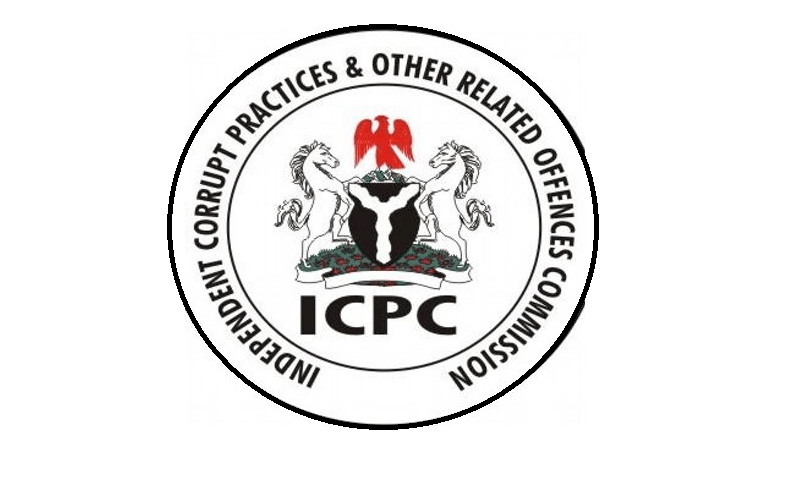The Independent Corrupt Practices and other Related Offences Commission (ICPC) has said that it spent an average of N4m to investigate petitions submitted to it by Nigerians.
The ICPC chairman, Prof. Bolaji Owasanoye, said this 0n Thursday in Abuja at the Centre for Democracy and Development (CDD) official launch of its Anti-Corruption Support Project.
Accruing to him, there is the need to reduce spending money on the investigation on petitions and that this can be achieved through collaboration amongst the anti-graft agencies in the country.
He said duplication of petitions to different anti-graft agencies was making the country to pay huge amount of money on investigations.
Represented by his Chief of staff, Dr. Esa Onoja, the ICPC boss said the commission is already working with the sister agencies to minimize petitions been syndicated by Nigerians.
“Each petition cost an average of N4 million to investigate by every anti-corruption agency. What the new board of the ICPC did is to enter into a memorandum of Understanding (MoU) with other sister organisations where we verify every petition others are investigating. This saved us from duplication. We are going to work together in the fight against corruption,” he said.
Also, the office of the Auditor General of the Federation (AuGF) advised the anti-corruption agencies to always get data from them which will help them in carrying out their duties effectively.
The AuGF, Mr. Anthony Ayine, represented by, Mr. Hilder Danika, said anti-corruption fight is a task that has to be done effectively.
He said that President Muhammadu Buhari has been stressing over time that if corruption was not killed, corruption will kill the country.
He said, “Our office is at the forefront of fighting corruption. We believe that our reward will no longer be in heaven. We have been carrying out audits but the reports always lie in the parliament for years. We are going to focus on the preventive angle of fighting corruption. We have massive data that our colleagues in the anti-corruption agencies can work with. It will help them and prevent them from carrying out investigations without supportive data.”

 Join Daily Trust WhatsApp Community For Quick Access To News and Happenings Around You.
Join Daily Trust WhatsApp Community For Quick Access To News and Happenings Around You.


